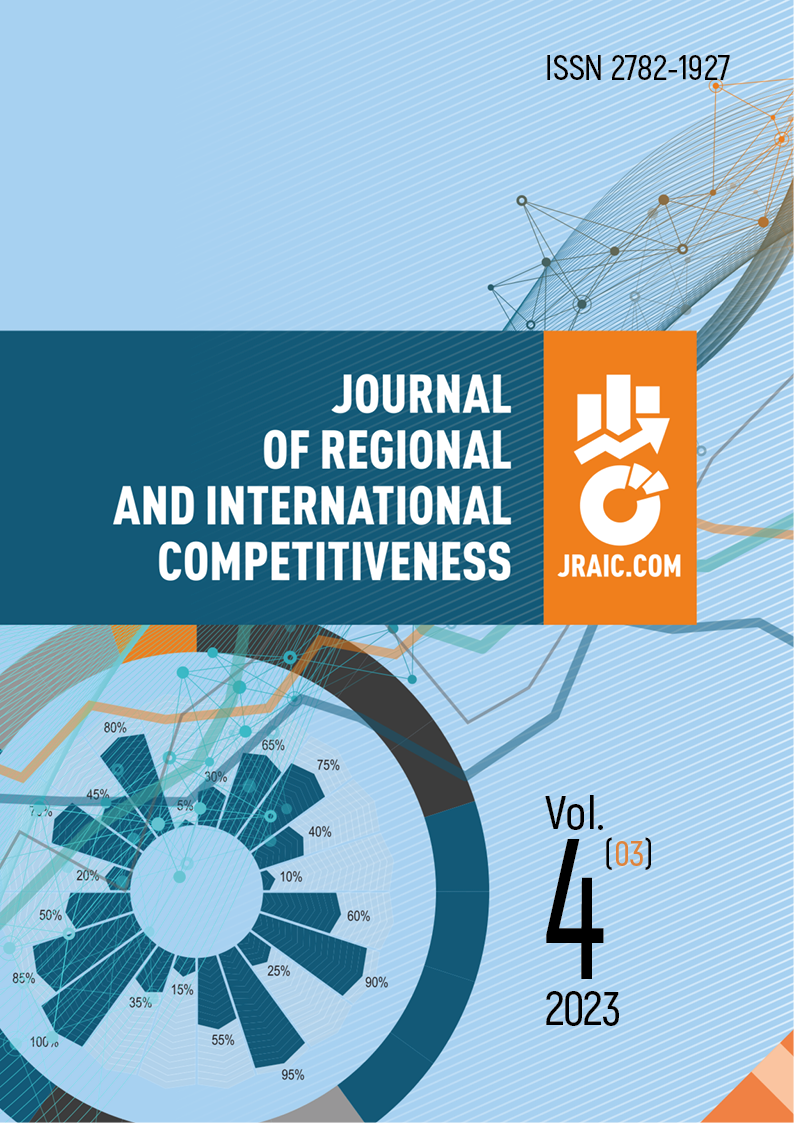Moscow, Moscow, Russian Federation
The paper examines the chatbot ChatGPT (Chat Generative Pre-trained Transformer, based on generative artificial intelligence technologies, designed by OpenAI) abilities. Chat GPT can solve the tasks facing the HR management service. Meanwhile, paper assesses the practical application of the chatbot by HR and management. The article concerns with the recent innovations and scientific publications of Russian and foreign experts. The purpose of the article is to assess the abilities of ChatGPT in terms of personnel management process, without constant monitoring, verification, errors, and negative consequences. To achieve this goal, the following research tasks were completed: identification of areas (in HR management) for chatbot effective application; analysis of the existing experience; identification of chatbot use risks; testing of ChatGPT abilities in HR management; assessment of prospects for chatbot application by HR management. Thesis: ChatGPT provides useful information on a wide range of topics of HR management. However, it has errors in handling complex challenges or specific practical cases. Results. ChatGPT is a chatbot appropriate for generating responses for natural language requests. It provides benefits for HR specialists (not ‘instead of a specialist’ but ‘to help a specialist’) including increased employee engagement, cost effectiveness, etc. It also can provide more personalised responses to simple requests improving the quality of employee interactions. Moreover, it can also improve internal communication, recruitment, and employee training. Indeed, solution of tasks requiring high expertise, additional control and verification, involving questions of ethics. However, the current use of ChatGPT is a kind of risk: the chatbot is not perfect in communication with a human. In some cases, it can cause conditions delaying the task solution and resulting in negative economic consequences. Also, still there is a need to involve a human operator or expert specialist in the tasks, which also indicates a drop in process efficiency.
CHATBOT, ARTIFICIAL INTELLIGENCE, HR MANAGEMENT, CHATGPT, HR
1. Arkhipova, N. I., Nazaikinsky, S. V., & Sedova O. L. (2018). Modern problems of personnel management. Moscow: Prospekt (in Russian).
2. Overby, H., & Odestad, Ya. A. (2022). The digital economy: how information and communication technologies affect markets, business and innovation. Moscow: Delo (in Russian).
3. Vesnin, V. R. (2023). Human resource management. Moscow: Prospekt (in Russian).
4. Feng, S. (2019). Will artificial intelligence replace us? Moscow: Ad Marginem Press, ABCdesign (in Russian).
5. Kamneva, V., Gretchenko, A. I., Dedov, N. P. et al. (2019). Digital economy: socio-psychological and managerial aspects. Moscow: Prometej (in Russian).
6. Scheer, A., Vinichenko, O. A., & Stefanovsky D. V. (2020). Industry 4.0: from a breakthrough business model to automation of business processes. Moscow: Delo (in Russian).
7. Kaur, M. (2023). Exploring the Use of Chatbots and AI in Human Resource Management: A Focus on ChatGPT and its Impact of ChatGPT on Human Resource Management Practices. International Journal of Research Publication and Reviews, 4(10), 2442-2445. Retrieved from http://ijrpr.com/uploads/V4ISSUE10/ IJRPR18416.pdf. (accessed 01.02.2023).
8. Montti, R. (2023). Researchers Find That OpenAI ChatGPT Quality Has Worsened. Search engine journal. Retrieved from https://www.searchenginejournal.com/chatgpt-quality-orsened/492145/#close (accessed 01.02.2023).




















